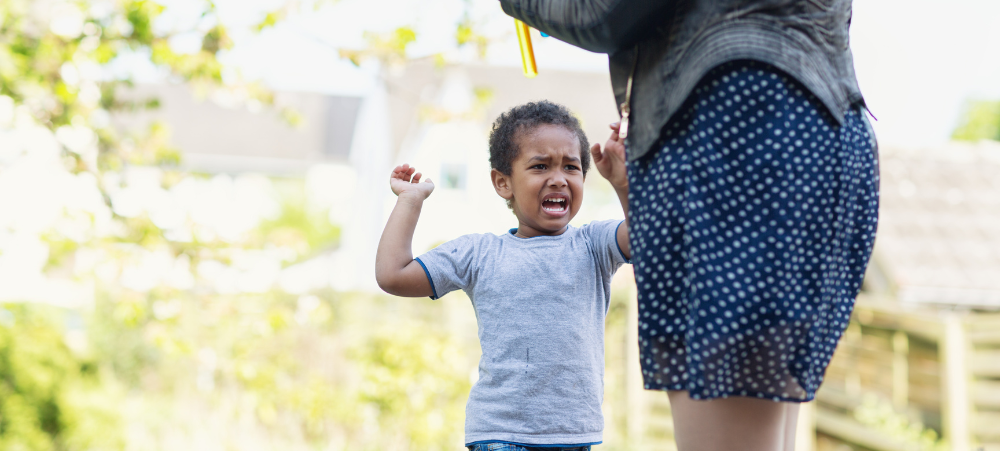Every parent has faced the challenge of handling a toddler’s meltdown or a child’s defiant moment. Traditional discipline methods like timeouts and stern warnings might seem like the go-to tools, but are they always the best option? Increasingly, experts are recommending alternative strategies that foster understanding, emotional regulation, and positive behaviour — without the drama.
🤯 Why Traditional Timeouts Sometimes Miss the Mark
Timeouts can be effective for some children, but for others, they may increase feelings of isolation or frustration. According to child psychologist Dr. Daniel Siegel, timeouts focus on behaviour control, but often miss the chance to help children understand and manage their emotions.
Research from the American Academy of Pediatrics shows that discipline strategies emphasising connection and empathy tend to have longer-lasting positive effects on behaviour and emotional development.
💡 Effective Alternatives to Tantrums and Timeouts
1. Emotional Coaching
Name and validate your child’s feelings. Saying things like, “I see you’re really upset right now,” helps children feel heard and starts teaching emotional awareness.
2. Quiet Time Together
Instead of isolating a child alone, sit quietly together. This shared calm moment can help regulate intense emotions without punishment.
3. Redirect Attention
Gently guide your child’s focus to a new activity or environment. Distraction is especially useful for younger toddlers whose emotional control is still developing.
4. Problem-Solving Together
For older kids, involve them in finding solutions. Ask, “What can we do next time when you feel this way?” This builds critical thinking and ownership of behaviour.
5. Positive Reinforcement
Catch your child being good and praise specific behaviours. Encouragement often motivates more than punishment.
🧠 The Science Behind Connection-Based Discipline
Neuroscience research shows that when children feel emotionally connected, their brains develop better self-regulation skills. Dr. Siegel calls this “mind-sight” — the ability to recognise and manage one’s own feelings and actions.
By shifting from punishment to connection, parents help children build resilience and empathy, creating a stronger parent-child bond.
🛠️ Tips for Parents
- Stay calm — your own emotional regulation sets the tone.
- Be consistent but flexible; every child is unique.
- Practice patience; change takes time.
- Seek support from parenting groups or professionals if needed.
Sources:
- American Academy of Pediatrics – healthychildren.org
- Dr. Daniel Siegel, The Whole-Brain Child
- Child Mind Institute – “Discipline Strategies That Work”
- Psychology Today – “Alternatives to Timeouts”
We understand that there are many aspects that encompass a Mother, Father or Child and strive toward providing resources and services that accommodates this.
Our content is aimed to inform and educate families on issues starting from pregnancy through to the challenges of the teen-age years.
- From Pain to Possibility: Panado®’s New Marketing Campaign, Highlights The Joy Of Pain Relief - December 10, 2025
- Feeding Unicorns by Jeni-Anne Campbell: A bold new book for business leaders who care - December 9, 2025
- The Benefits of PLAYMOBIL – Through the Eyes of a Qualified Play Therapist - December 2, 2025





